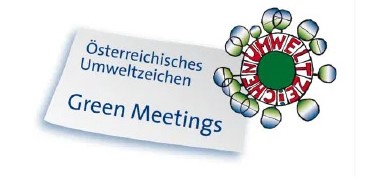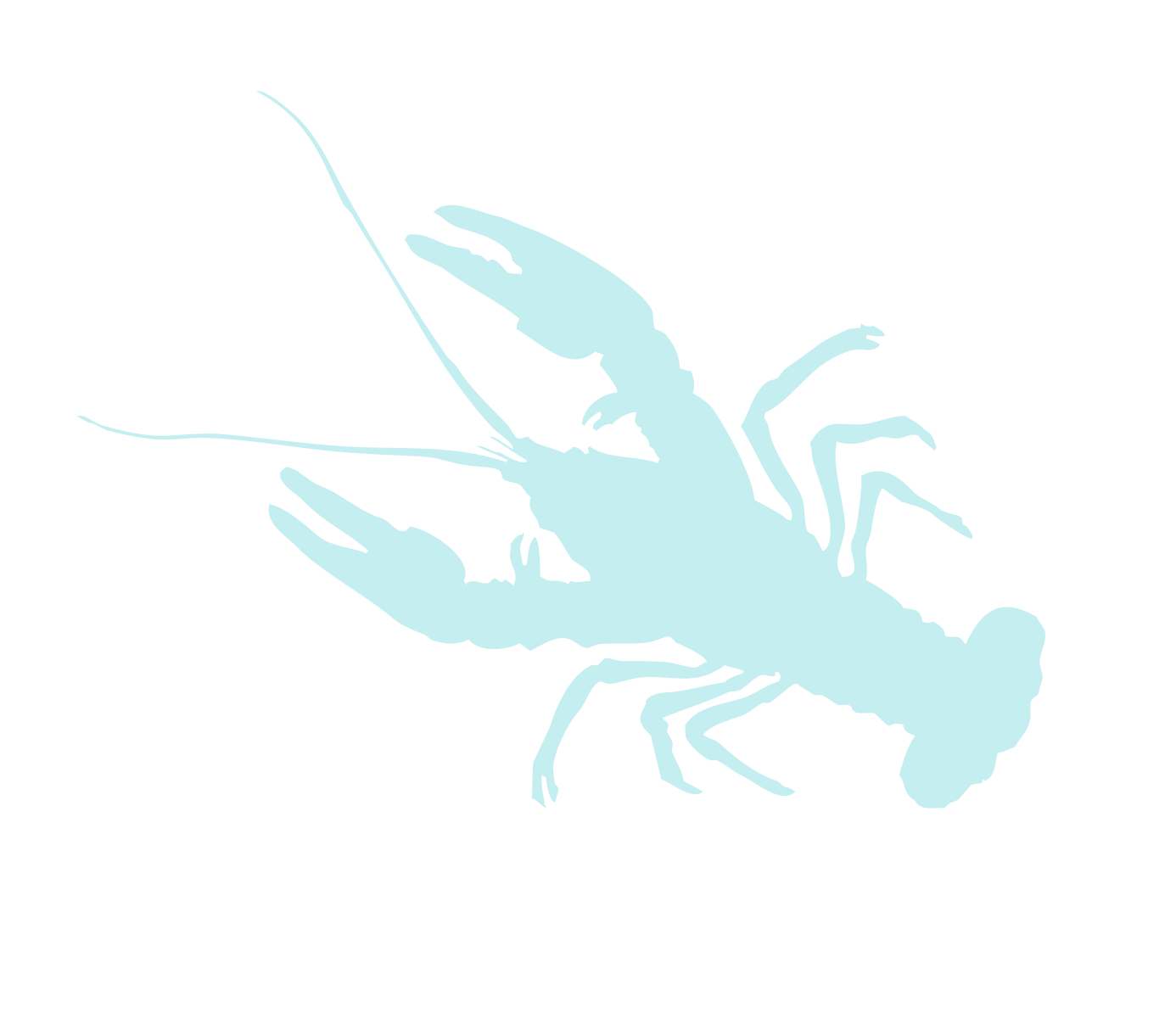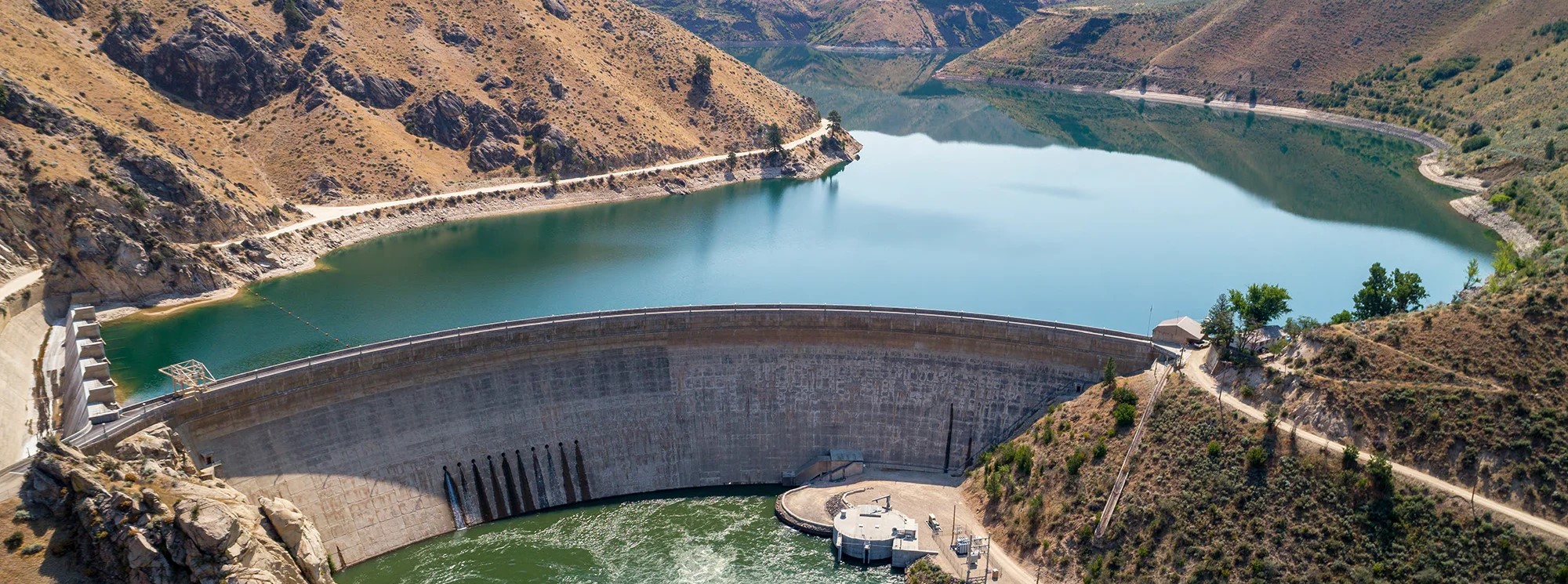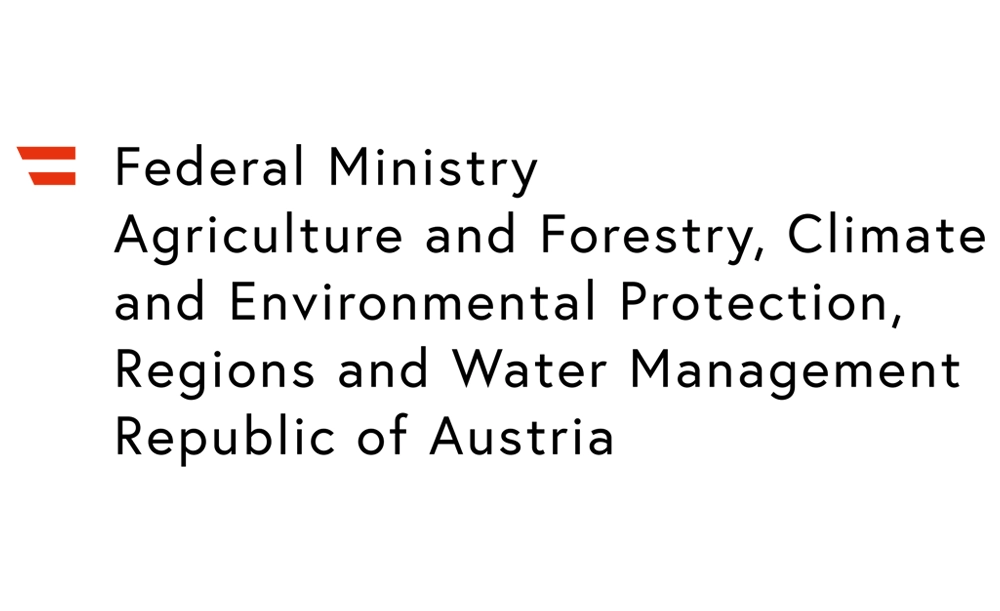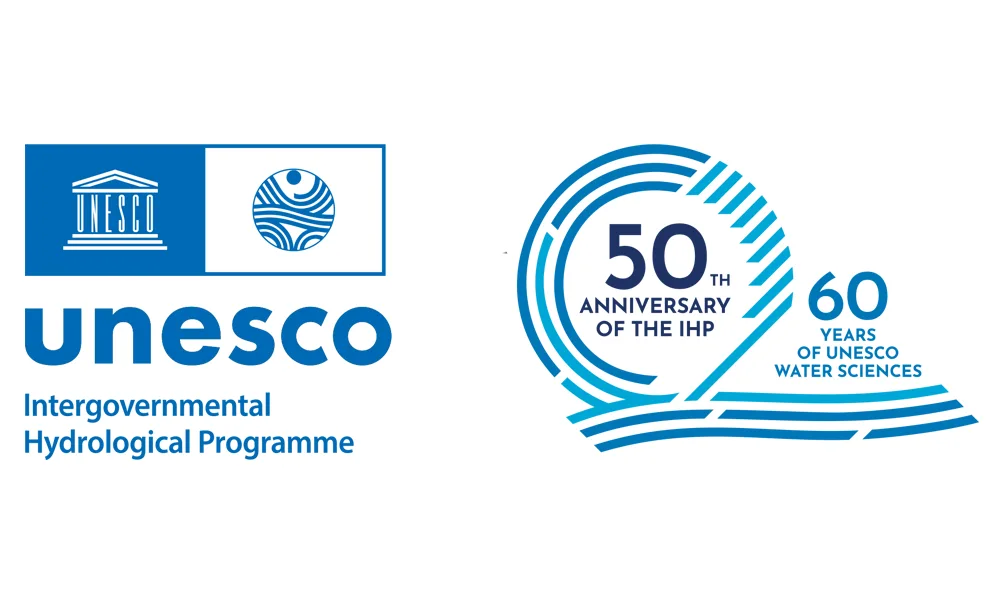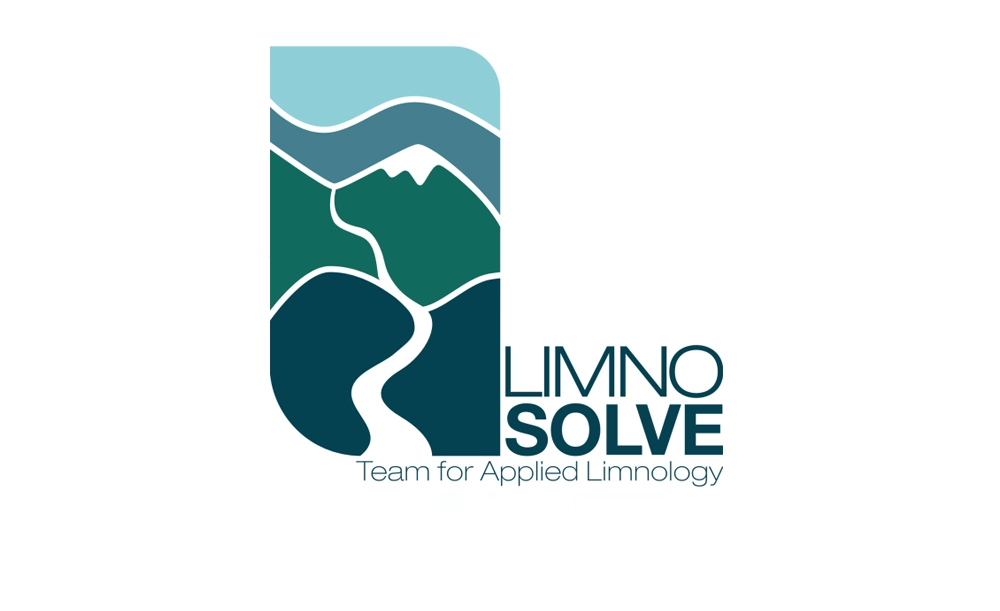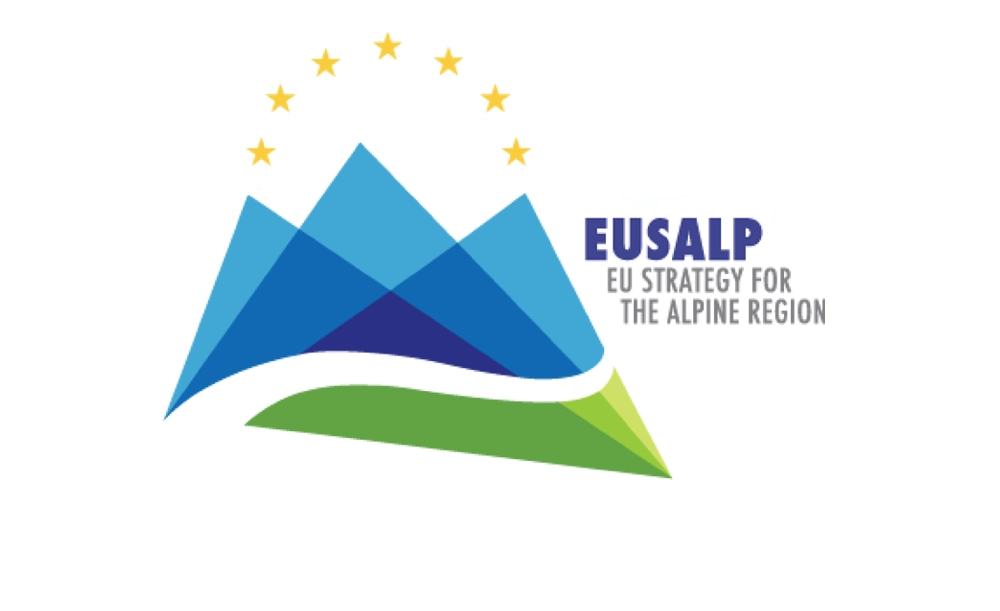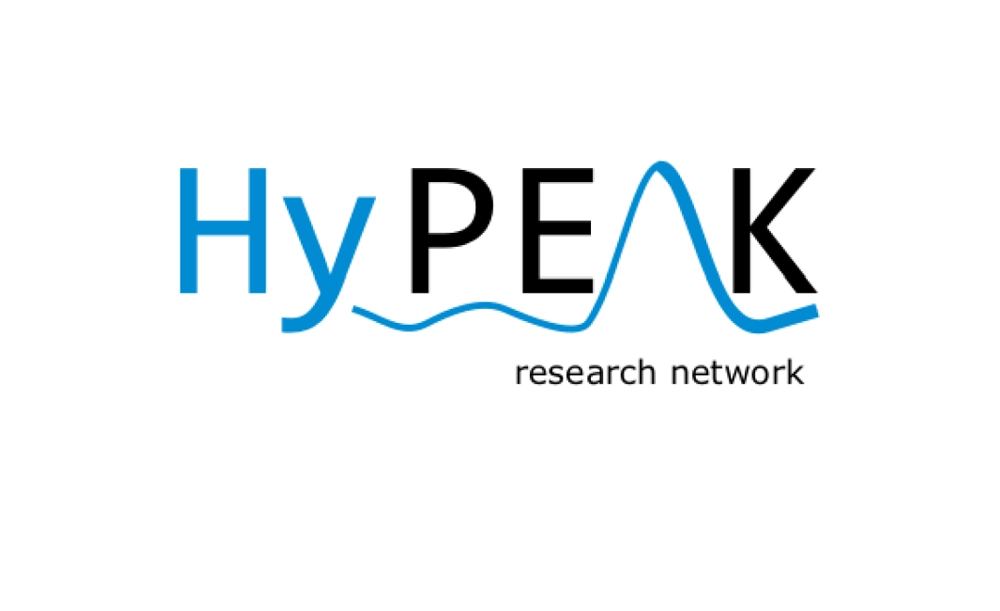
Dr. Matteo Bianciotto
International Hydropower Association
Senior Policy Manager and European Lead
Read more about Matteo Bianciotto
Global hydropower development to achieve climate sustainability goals
Hydropower and pumped storage hydropower (PSH) are the foundations of a secure, fair, and sustainable energy transition. Through the publication of the World Hydropower Outlook, the International Hydropower Association (IHA) tracks the annual progress of these technologies on a global scale. This session will explore market trends at both global and European levels, examine the current pipeline of projects, and discuss the key policies—both regional and global—that are essential to driving the sector forward and unlocking its full potential.
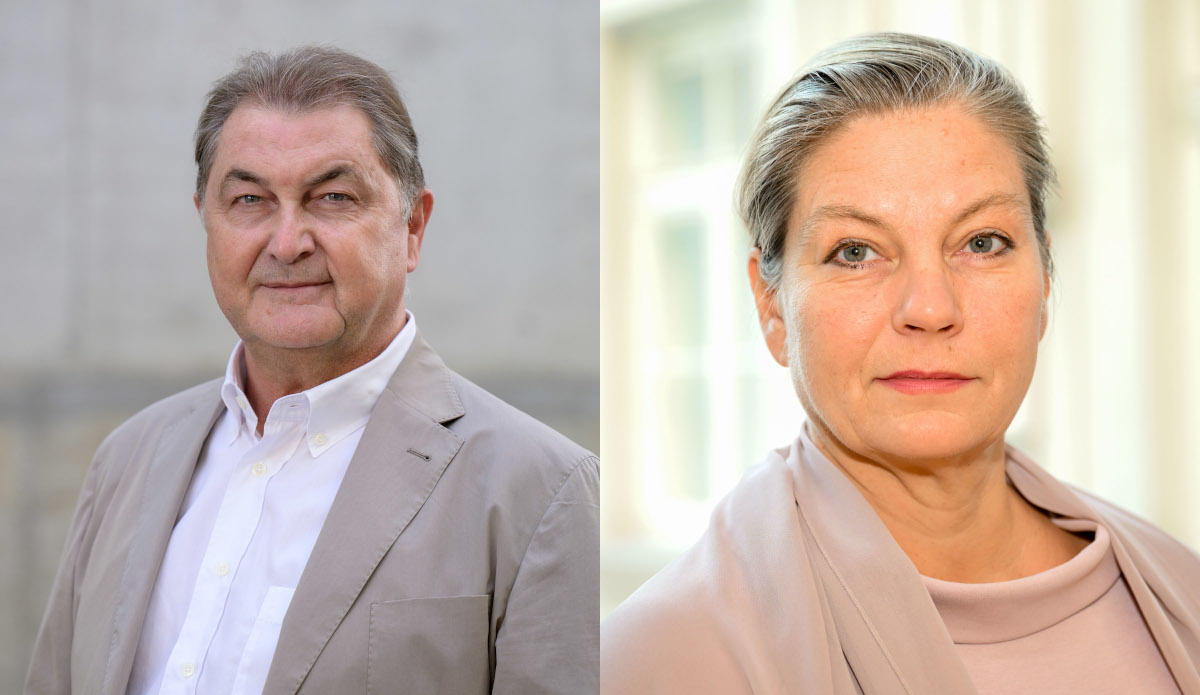
Monika Mörth, MAS & Dr. Karl Heinz Gruber
Federal Ministry Agriculture and Forestry, Climate and Environmental Protection, Regions and Water Management | VERBUND Hydro Power GmbH
Head of Directorate General Water Management | Managing Director
Austria
From conflict to collaboration: The Common Path for Hydropower and Ecology in Austria
In Austria, hydropower accounts for more than 60% of total electricity generation, making it the backbone of the country’s electricity system. Aligned with its commitment to achieving climate neutrality by 2040, Austria plans to further expand its renewable generation
capacities, focusing not only on hydropower but also on more variable sources like wind and PV. However, integrating these variable technologies requires a coordinated enhancements of flexibility and storage capacities to maintain a reliable and efficient electricity supply. To address the growing demand for flexibility and storage capacities, several large-scale pumped storage hydropower projects are currently under development, designed to provide crucial cross-border services.
While hydropower provides significant benefits, it is undeniable that it can significantly impact ecosystems, alter natural river dynamics, habitats and continuity. Comprehensive measures to improve the ecological status of water bodies are essential and include fish migration
facilities to restore connectivity, habitat restoration, increased ecological flow and measures to mitigate the effects of hydropeaking. To ensure consistent implementation of these measures, robust legal frameworks and green standards , applicable both for existing hydropower facilities and for new projects approvals are necessary. The Austrian Ministry for Water Management is responsible for overseeing the implementation of these measures and coordinating the collaborative process among all stakeholders.
It is essential to collaboratively develop sustainable solutions that contribute to climate change mitigation and biodiversity restoration. Achieving this goal necessitates enhanced communication and cooperation among authorities, industry stakeholders, and the scientific community. A scientifically informed, adaptive approach to developing broadly supported strategies and guidelines represents a promising path for effective implementation.
Austrian hydropower operators exemplify this integrated approach through comprehensive projects that contribute to the European Water Framework Directive’s restoration goals.
These efforts are visualized on a recently launched digital, interactive map, which currently highlights approximately 170 initiatives. Encompassing fish migration facilities, adjustments to residual water flows, and habitat restoration, these projects represent an investment of over 300 million euros dedicated to enhancing aquatic ecology throughout Austria. The map will be regularly updated to track progress.
Further information about Austrian water bodies, ecological status, and ongoing restoration
efforts can be found on the website of the Federal Ministry for Water Management (BMLUK).
Coffee Break 1
-
Parallel Sessions
Parallel Session 1: Governance, policies, and management approaches
Good Ecological Potential: Sustainable Solutions for Competing Public Interests, Illustrated by Hydropeaking
Fun-facts, sad-facts and sustainability dilemmas in river protection and management of hydropower impacted water bodies in Norway
Good ecological potential in large rivers used for Hydropower – a new methodology for quantifying hydromorphological measures
Austrian hydropeaking assessment method
Sustainable modernisation of hydropower
Parallel Session 2: Connectivity trends and sediment management
Trends in the loss of longitudinal connectivity of the Nile River Basin due to hydropower dams
River network connectivity in Austria: A detailed status quo assessment, changes over time, and implications for more sustainable hydropower generation
FRAGILE river systems in a changing climate: governance and sediment management in the Alps
Field assessment of fine sediment dynamics in an alpine stream after controlled sediment release from a hydropower reservoir
Monitoring and management of sediments and bedload at alpine hydropower plants – case studies from Tyrol (Austria)
Fish-Ecological Effects of Reservoir Flushing in an Inner-Alpine Stream
Lunch Break & Buffet
-
Parallel Sessions
Parallel Session 1: Modeling and managing hydropower
Challenges and limits in the development of a fish-friendly turbine
Closed-Loop Pumped Storage Hydropower: Environmental Impacts and Mitigations
End of Life Options – A Discussion of Hydroelectric Project Decommissioning
Engineering design of turbine runner replacements for improved fish survival at a hydropower facility in the Northeastern United States
WEF Nexus Modelling in System Dynamics: Water Management in Major River Basins of the Aral Sea Basin.
Parallel Session 2: Reconnecting rivers and floodplains 1
Radio telemetry on snowtrout (Schizothorax eurycephalus) unravels seasonal migrations and habitat use with implications for hydropower development in Central Asia
Stream-dwelling trout movements in a headwater river
The FishPath Project: A Novel Approach to Fish Guidance Through Turbulence
North American Review of Upstream and Downstream Fish Passages at Large-Scale and High-Head Hydroelectric Dams
Remedial measures at a hydropower dam improve Atlantic salmon downstream passage efficiency, a case study for future restauration actions
Coffee Break 2
-
Parallel Sessions
Parallel Session 1: Modeling and managing hydropower 2
The Role of Effective Mitigation Measures for Low Impact Hydropower—A Review from Europe and the United States
Brenda Pracheil – Mcmillen, Inc
RivOpt: a tool to improve river connectivity for fish and optimize barrier management within a river network
Introducing the DANUBElifelines project: safeguarding migratory fish species in the Danube River Basin and beyond
Parallel Session 2: Reconnecting rivers and floodplains 2
Fishcon lock – Monitoring results and operational experience of a new fish pass
A multi-scale approach for prioritizing the reconnection of rivers and floodplains in the Danube-Carpathian Region
Review of Pacific Northwest Trap-and-Haul Facilities for Managing Anadromous Salmonids and Other Species
Developing a System Dynamics Model to Evaluate Hydropower-Focused Power Development Policies for Achieving SDG 7 in Central Asia by 2050
Impacts of Large-Scale Hydroelectric Dams on Community Livelihoods in the Global South: A Comparative Analysis of Capital Changes
Wooden fish passes in France: review of applications and suggestions for future constructions
Comparative Assessment of Water Quality Indices in Monitoring Small Hydropower Plant Effects
Organizing Environmental Flow Frameworks to Support Hydropower Mitigation Strategies
HP:CA – An Open Hydropower Database Supporting Regional Studies and Cooperation in Central Asia
VÖU – Association for Ecology and Environmental Research: Bridging Energy and Ecology Across Disciplines for more than 40 years
Hydro4U: Demonstrating European small hydropower technology methods in Central Asia
Using drones in radiotelemetry studies – a methodological concept and framework for future applications
Interactions of multiple stressors with the cumulative effects of hydropower production in riverine ecosystems
SUSHP 2025 will be a certified Green Meeting
The event is intended to be organized according to the criteria of the Austrian Eco-Label for Green Meetings.
